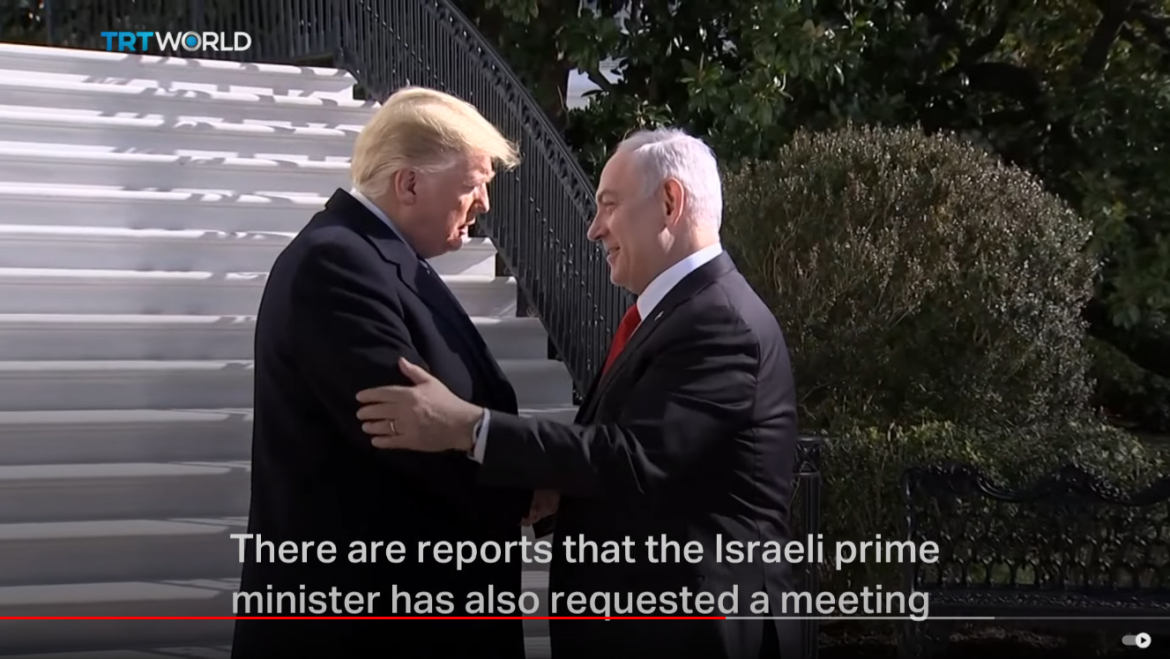Former President Donald Trump is set to welcome Israeli Prime Minister Benjamin Netanyahu at his Mar-a-Lago estate in Palm Beach, Florida. The high-profile meeting is scheduled for Thursday, following Netanyahu’s address to a joint session of Congress on Wednesday. Trump made the announcement on his social media platform, Truth Social, stating that their discussion will focus on his “peace through strength” agenda, which he claims will end wars around the globe if he is elected to the White House in November.
In his post, Trump also took a swipe at Vice President Kamala Harris, who recently launched her presidential bid. He criticized Harris’s ability to handle ongoing international conflicts, particularly in Gaza and Ukraine, implying that her leadership would not be effective in resolving these crises.
Netanyahu’s visit to Mar-a-Lago comes at a time of heightened tensions and significant geopolitical developments. His address to Congress is expected to touch on crucial issues such as security, regional stability, and the ongoing conflicts in the Middle East. The meeting with Trump is likely to further discuss these topics, with both leaders sharing a history of strong political ties and mutual support.
The announcement of Netanyahu’s visit has already sparked reactions across the political spectrum. Pro-Palestinian protesters have taken over the Capitol Rotunda in Washington, DC, ahead of Netanyahu’s address to Congress. Demonstrators, seen wearing shirts with slogans like “not in our name” and “stop arming Israel,” have been chanting and clapping as police monitor the situation closely. The protest highlights the contentious nature of U.S.-Israel relations and the divided public opinion on American foreign policy in the Middle East.
As Trump gears up for his potential return to the presidency, his meeting with Netanyahu underscores his continued influence on the global stage and his commitment to a foreign policy centered on assertive diplomacy. The outcomes of this meeting could have significant implications for U.S. foreign policy and the upcoming 2024 presidential election.



